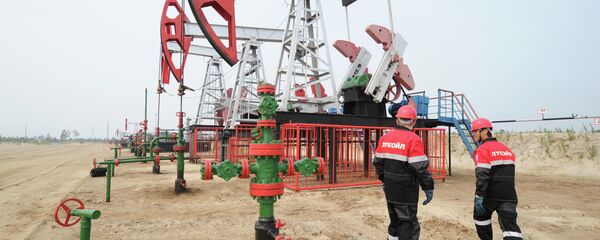"We have told Saudi Arabian officials through diplomatic channels that they should prevent the enemies of the region from harming the growing economies of regional countries," Hossein Amir-Abdollahian, Iran’s Deputy Foreign Minister said as quoted by Xinhua.
The most recent direct negotiations between the representatives of Iran ad Saudi Arabia happened at the sidelines of the OPEC meeting.
"We expect Saudi Arabia to play its major role in crude prices to help the regional countries," Iran’s Deputy Foreign Minister added.
He also said that, according to Tehran’s official viewpoint, the decline in oil prices has come about by result of underhand practices of nations hostile toward the Islamic Republic, which might be considered a thick innuendo at the United States’ record crude output during the last year.
According to Abdollahian, Iran and the Saudis have had some discussions regarding the situation in the oil market, but, as stated by Xinhua, Riyadh has repeatedly declined any pleas and demands to cut oil production. The reason behind such behavior is that the Saudis fear losing their markets share to the Americans and would rather suffer losses of lower crude prices.
Yesterday Tehran announced the Islamic Republic’s Foreign Minister Mohammad Javad Zarif is planning on visiting Riyadh for negotiations.
"We were making preparations for Zarif's visit to Saudi Arabia and a schedule had been set for his trip, but unfortunately, sharp and unexpected remarks of Saudi Foreign Minister prevented this visit," Abdollahian said.
The Iranian economy is extremely reliant on income generated by oil exports, however, the breakeven price for Iran would be round about $126/bbl in 2014, while for Saudi Arabia the breakeven stood at $97/bbl. Besides, the Saudis have accumulated extensive FX reserves, which Iran, a subject to international sanctions due to its nuclear ambition, is lacking.




